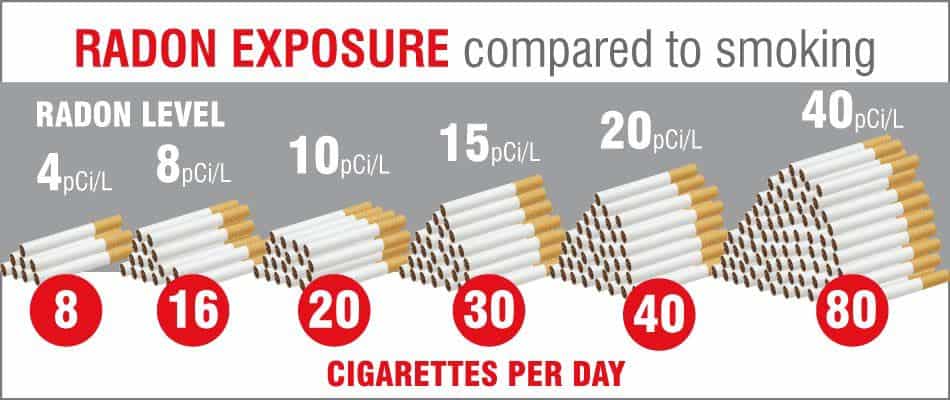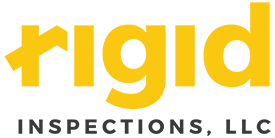O’Fallon Missouri Radon Testing
Rigid Inspections, LLC offers Radon testing in O’Fallon Missouri. We also do Radon testing in St. Charles county, St. Louis County, and St. Louis city. What is Radon? Radon is a radioactive, colorless, odorless, tasteless gas, occurring naturally as a decay product of radium. Radon enters your home through the soil and it is everywhere, some areas just have higher levels of it.
Why is Radon a concern?
Radon is the 2nd leading cause of lung cancer in the United States after smoking and is the number one cause of lung cancer among non-smokers. Here are some other Radon facts:
- Concentrations vary with season, day to day, and hour to hour.
- Children are at higher risk from radon exposure than adults because they have more rapidly dividing cells and a higher metabolic rate making genetic damage more serious.
- One in 15 homes in the United States has elevated radon levels.
- The EPA recommends strong consideration for fixing homes for radon levels between 2 pCi/L and 4 pCi/L.
- Radon is responsible for 58 deaths per day.
- A Radon level of 4 pCi/L is the equivalent of smoking 8 cigarettes per day.

What is involved with Radon Testing?
Testing is a simple process. A qualified professional, in our case a licensed and certified Radon Professional, will set up a high tech machine in the lowest livable level of your home. The machine will run continuously for 48 hours taking air samples every hour and measuring the amount of radon. It will then average those samples and give results at the end of the test. Depending on the level, a Radon mitigation system may need to be installed.
Radon is measured in picocuries per liter, or pCi/L. The natural outdoor level of radon in the United States is 0.2 – 0.4 pCi/L. The US EPA has set the action level of indoor radon levels to be 4.0 pCi/L, meaning any measurement found in a home at this level or greater requires radon mitigation. You can view a map of areas across the United States and what the average measurement is by visiting epa.gov.
What are the next steps?
Schedule your test today! You can conveniently schedule your Radon test online through our website or you can call, text, or email us and we will get you scheduled quickly! 636-336-6634
